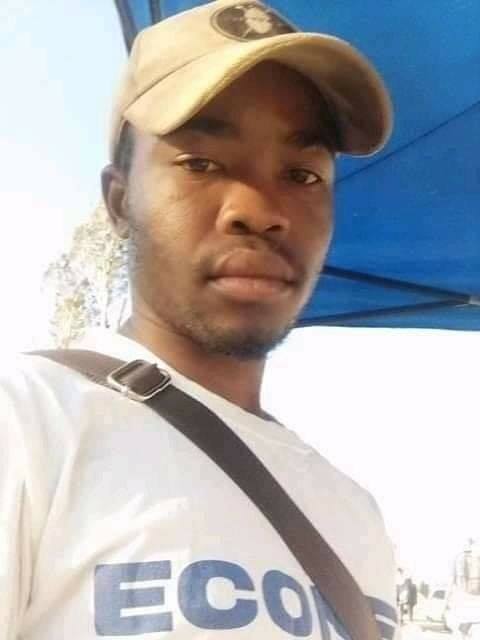So you want to grow spinach, lettuce, tomatoes, basil, parsley, strawberries etc in your house and without soil? It’s time to meet Mochesane Mpali, the brains behind the soilless gardening technique. “I help people who want to grow crops anywhere they are, even inside their own houses,” he says. Using minimal space, 90% less water than traditional agriculture, and ingenious design, you get food in half the time.
His company is called Lema Agrivest and this is how his system works.
________________________
Milco is the Store that will sell ONLY Lesotho products. Join Milco here: Join Milco here
Plants are inserted at specific points along a plastic pipe made of PVC (Polyvinyl Chloride). Once in 24 hours, water, rich in nutrients, is pumped from a bucket and is moved alongside the PVC pipe. It passes through the growing media whose job is just to support the plant roots and retain the moisture and nutrients as they pass through.
The plants then pick the water and the nutrients from the growing media for their growth. This sounds strange because most of us are used to seeing plants grow in soil. “Plants do not necessarily need soil to grow,” Mpali says. “But they need water, nutrients, carbon dioxide, oxygen and light and all these are allowed in our system.”
The water that is not picked up is returned to the bucket. It is then pumped again using a submersible water pump. This pumping happens for a few moments every 24 hours. The water in the bucket can be exchanged only after three weeks and the wastewater can be used to fertilize compost among other things.
There are too many benefits. Here are just a few.
First, you can grow your own food even if you live in rented housing (e.g. Malaene). That is because you can actually have this system in your house if there is little to no land where you live. “But this system can also be used in medium to large scale greenhouses,” he said.
Since the system doesn’t use soil, the vegetables are often free from pests, and therefore no need for pesticides. Insects normally find pleasure in soil. “When the system is applied in greenhouses, we normally cover the soil on the ground with plastic tarp because we don’t need soil. In this way, we reduce the presence of insects and weeds which thrive in soil.”
On the other hand, since the water is recycled for almost three weeks, the system uses as little water as possible. You also use fewer chemicals since the nutrients you use are directed to the plants roots rather than washed away by rains as in normal gardens.
But why is Mpali doing all this?
Food is becoming ever more expensive. In fact, when times are tough, food, clothing and shelter are the only things that ever matter. Anything else is a luxury. “The story starts when I find a need to reduce my everyday expenses. Growing my own food becomes a choice because the price of food is ever increasing,” he relates.
He finds that where he stays, he doesn’t have enough space for growing food. Going back home, where the land is spacious, will be far more expensive. “I get submerged into research until I discover a hydroponics way of growing crops. In fact, I even take online courses to learn more about this farming technique.”
He later realises that the materials being recommended for use are not available in the local market, so he designs his own system using materials he can find in both Lesotho and South Africa.
But his love for agriculture doesn’t start here.
“It starts when I am a little boy living with my grandparents back in Mapoteng, Phororong in the Berea district,” he says. “At this time, my grandparents live exclusively on farming (subsistence farming). I am even requested to assist herdboys on weekends when I am not in school.”
When he is at St. James High School Mokhotlong, he has to choose between taking Agriculture, Commerce or Wood Work. He realises that Agriculture is not the most popular among his peers. But, living with his mom who has a garden to grow vegetables, he finds it will be beneficial for him to learn a thing or two about Agric.
Indeed he learns the basics that helps him to approach gardening better.
College time comes and he takes Information Technology at Limkokwing University of Creative Technology. He then takes up a job in an IT company as a software developer. By this time, has almost forgotten about anything to do with Agriculture when it crosses his mind that, actually, he can grow his own food instead of buying it.
In the end, he forms a company, Lema Agrivest, because he realises that he can also help others grow their own food. He still has big plans. “I had to start somewhere, but I have big plans to grow in this area and food security at large,” he concludes.


